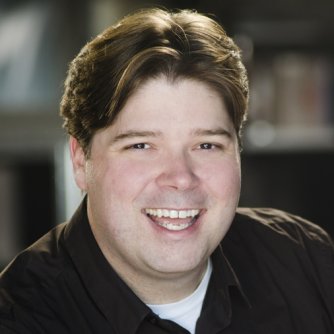
Pianist Jeffrey Siegel visits Colorado this week to bring his latest Keyboard Conversations performance to the Arvada Center on Wednesday.
Keyboard Conversations concerts feature Siegel playing some of the best-loved music in the classical piano repertoire and sharing enlightening stories about the pieces. He’s been presenting the programs for 27 seasons.
Wednesday’s performance, subtitled “Classics Go Pop,” looks at catchy melodies in the music of Schubert, Gershwin, Debussy, Mendelssohn and other composers. The concert starts at 7:30 p.m.
He also spoke with CPR Classical’s Matt Weesner about the appeal of Keyboard Conversations, Wednesday’s concert at the Arvada Center and the enduring importance of classical music. Click the audio at the top of this post to hear it. Interview highlights:
On why he think a project like Keyboard Conversations has never been more important
"I think we are living today in the most robotic, computerized, impersonal age there has ever been. Theoretically, what classical music … has to offer the thinking, feeling human being, is more necessary now than when I started doing these programs.”
On Claude Debussy’s indifference toward “Clair de Lune,” which is featured on Wednesday’s concert
"The composer of 'Clair de Lune' didn’t like the piece and never wanted it published. He didn’t give a damn about it. He thought it was his old style. He didn’t really want to bother with it. He wrote it in 1890 and only with a great deal of arm-twisting in 1905 -- 15 years later -- did he allow it to be published. And simply because he needed the money. No one would be more surprised by the enormous popularity of 'Clair de Lune' than the guy who wrote the piece."
On the appeal of the “Classics Go Pop” program
"This is a program that has brought many people into the hall for the first time -- that may like jazz, may like pop, that may like whatever. They thought, 'Classical music ain’t for me.' But they know [Beethoven's] "Moonlight" Sonata and they know 'Clair de Lune.' They say, 'Well, all right, I’ll give this a try.' And it’s been a wonderful program to bring in people who have not yet been to classical concerts, not to Keyboard Conversations. But it also brings in those who’ve heard these pieces all their life. They think they’re tired of them. But they say, 'OK, he’s going to give me a fresh way to listen to these.'"








